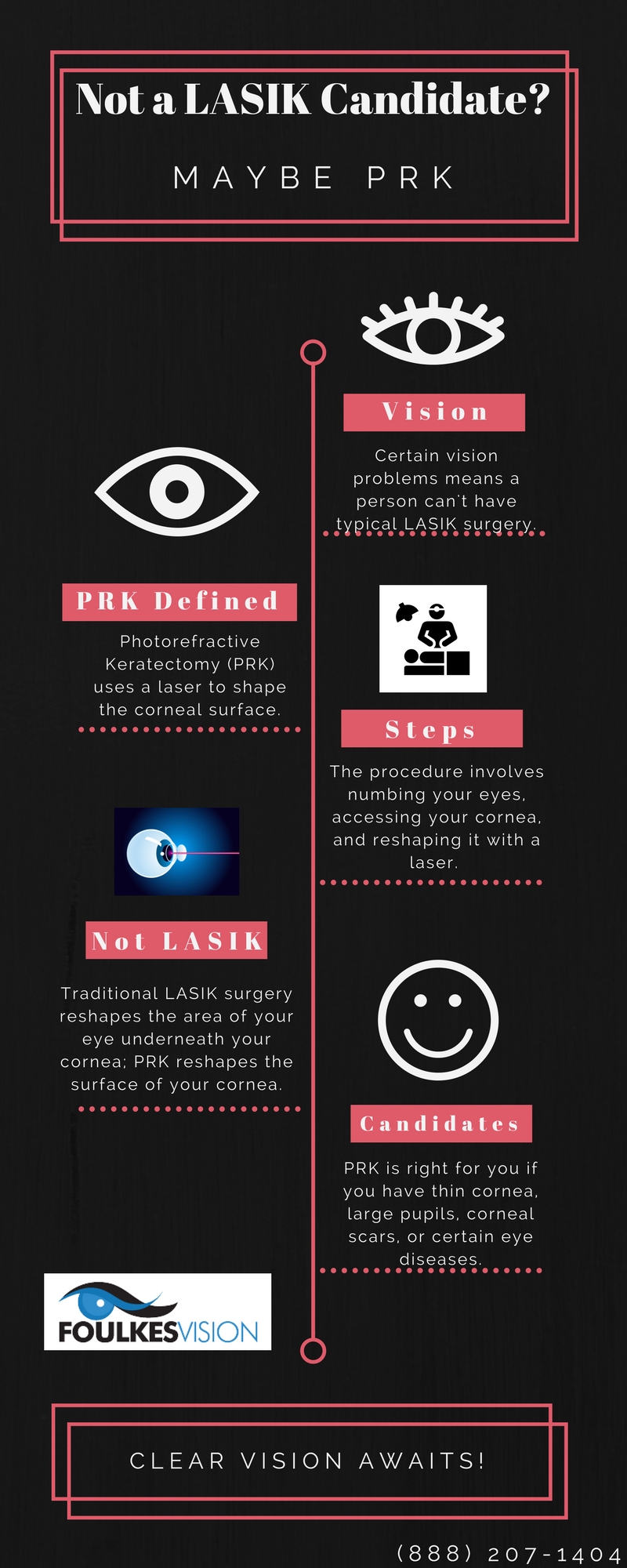Is SMILE Eye Surgical Treatment Suitable For You? Key Insights And Considerations To Assess
Is SMILE Eye Surgical Treatment Suitable For You? Key Insights And Considerations To Assess
Blog Article
Material Author-Lundgreen Mooney
If you're contemplating SMILE eye surgery, contemplate this: are you prepared to welcome potential visual freedom, or does the thought of any threats make you wait? Your decision will hinge on a mindful equilibrium of evaluating the advantages versus the unpredictabilities. It's critical to delve deeper into the nuances of SMILE surgery to make an educated choice that straightens with your aesthetic objectives.
Comprehending SMILE Eye Surgical Procedure
When taking into consideration SMILE Eye Surgical treatment, it is very important to comprehend the procedure and its advantages. SMILE, which stands for Small Incision Lenticule Removal, is a minimally intrusive laser eye surgery that deals with typical vision problems like myopia (nearsightedness).
Throughout the procedure, your eye cosmetic surgeon will certainly use a femtosecond laser to create a little cut in your cornea. Through this incision, a small disc of cells called a lenticule is gotten rid of, reshaping the cornea and fixing your vision.
One of the vital benefits of SMILE Eye Surgical procedure is its quick healing time. Numerous people experience improved vision within a day or 2 after the treatment, with marginal pain.
Additionally, SMILE is known for its high success price in offering long-term vision adjustment. Unlike LASIK, SMILE doesn't require the creation of a flap in the cornea, decreasing the threat of difficulties and allowing for an extra steady corneal structure post-surgery.
Comprehending was cataract surgery and its benefits is important when considering SMILE Eye Surgical procedure for vision improvement.
Benefits and drawbacks of SMILE
Thinking About SMILE Eye Surgical procedure for vision improvement comes with different benefits and possible disadvantages.
Among Need Eye Glasses of SMILE is its minimally invasive nature, as it includes a small laceration and typically leads to fast healing times. The procedure is additionally recognized for causing very little discomfort and dry eye signs post-surgery compared to other vision improvement techniques. Additionally, SMILE has been revealed to offer superb aesthetic results, with several individuals achieving 20/20 vision or better.
On the other hand, a possible disadvantage of SMILE is that it may not appropriate for individuals with severe refractive errors, as the treatment range is rather limited compared to LASIK. One more consideration is that the understanding curve for doctors applying SMILE can affect the schedule of knowledgeable service providers in specific areas.
It is necessary to consider these advantages and disadvantages very carefully when deciding if SMILE is the ideal choice for your vision improvement requirements.
Establishing Eligibility for SMILE
To determine if you're eligible for SMILE eye surgery, your eye doctor will certainly carry out a comprehensive evaluation of your eye wellness and vision demands. Throughout this analysis, aspects such as the security of your vision prescription, the thickness of your cornea, and the general health of your eyes will certainly be examined.
Normally, prospects for SMILE more than 22 years old, have a secure vision prescription for a minimum of a year, and have healthy and balanced corneas without conditions like keratoconus.
Your optometrist will certainly additionally consider your overall eye health, any type of existing eye conditions, and your way of life requires to establish if SMILE is the best choice for you. It's vital to connect any particular aesthetic needs or issues you might have during this examination to ensure that the treatment lines up with your expectations.
If you aren't qualified for SMILE, your ophthalmologist may recommend alternative vision improvement choices that far better match your private requirements and eye wellness condition.
Conclusion
Eventually, deciding whether SMILE eye surgery is right for you requires cautious consideration of your individual eye health and visual needs. Seek advice from your optometrist to identify your eligibility for the procedure and consider the potential advantages and disadvantages. Remember to connect any problems or inquiries you may have during the analysis process to make an educated decision about your vision modification options.
